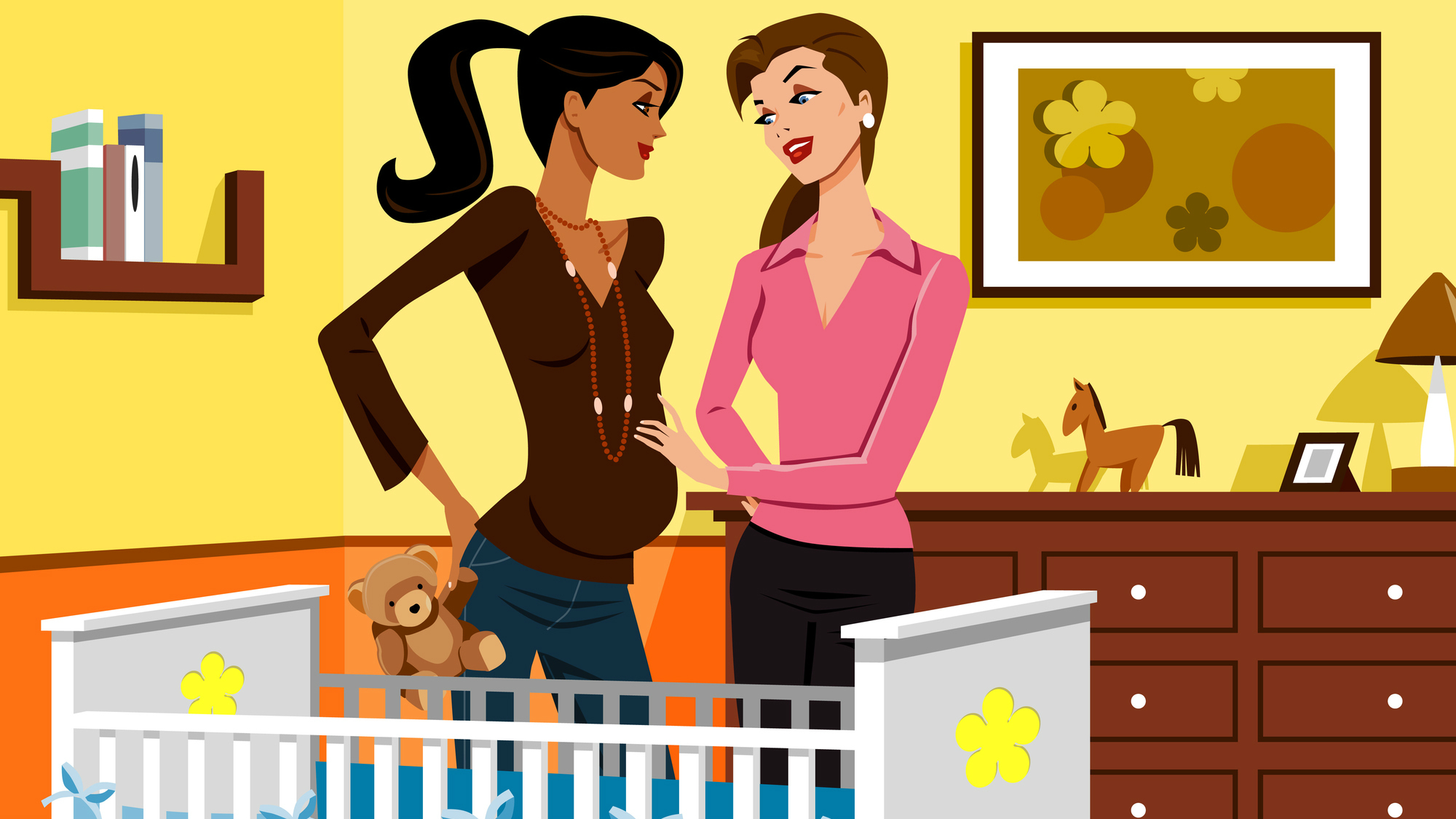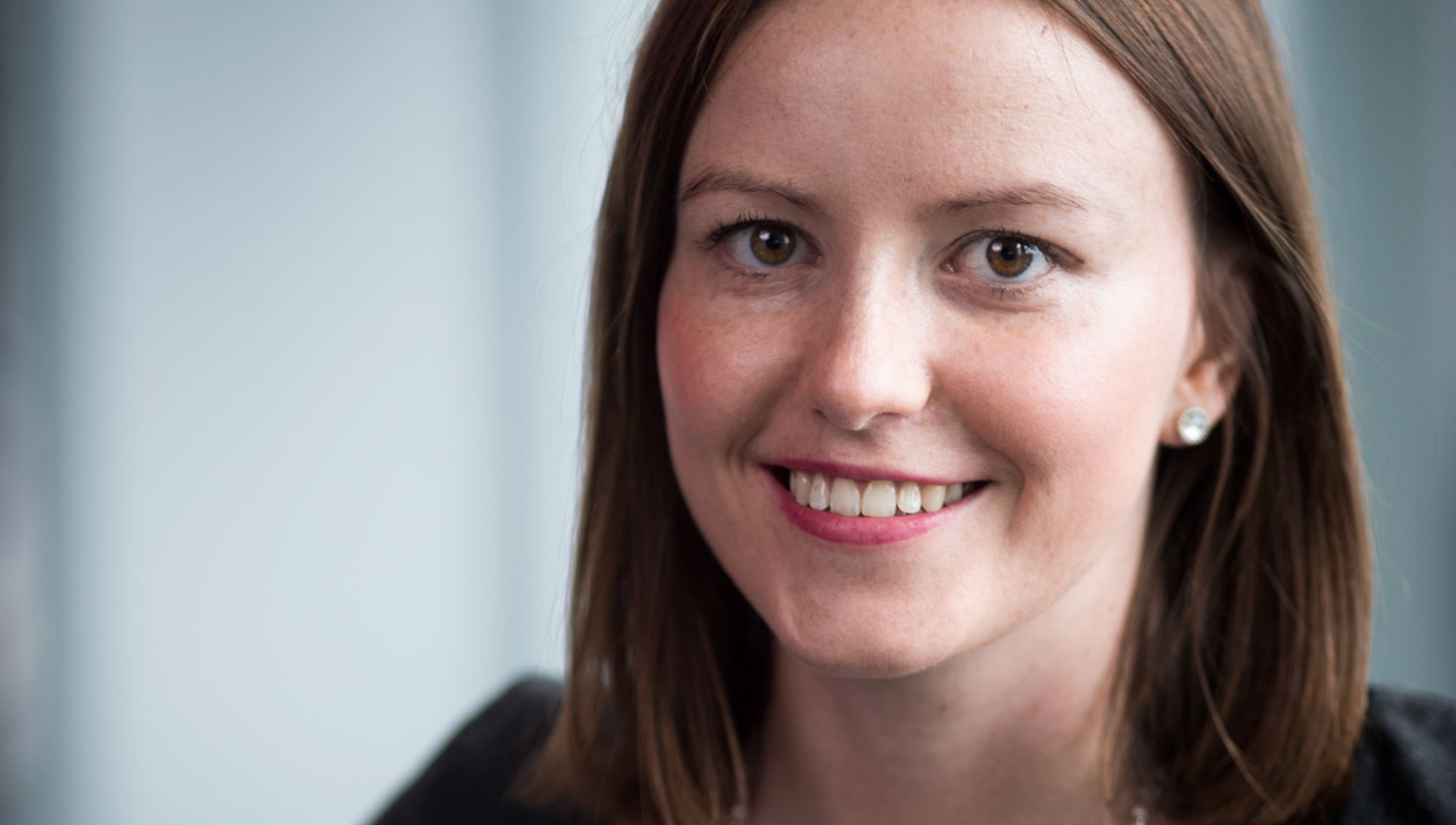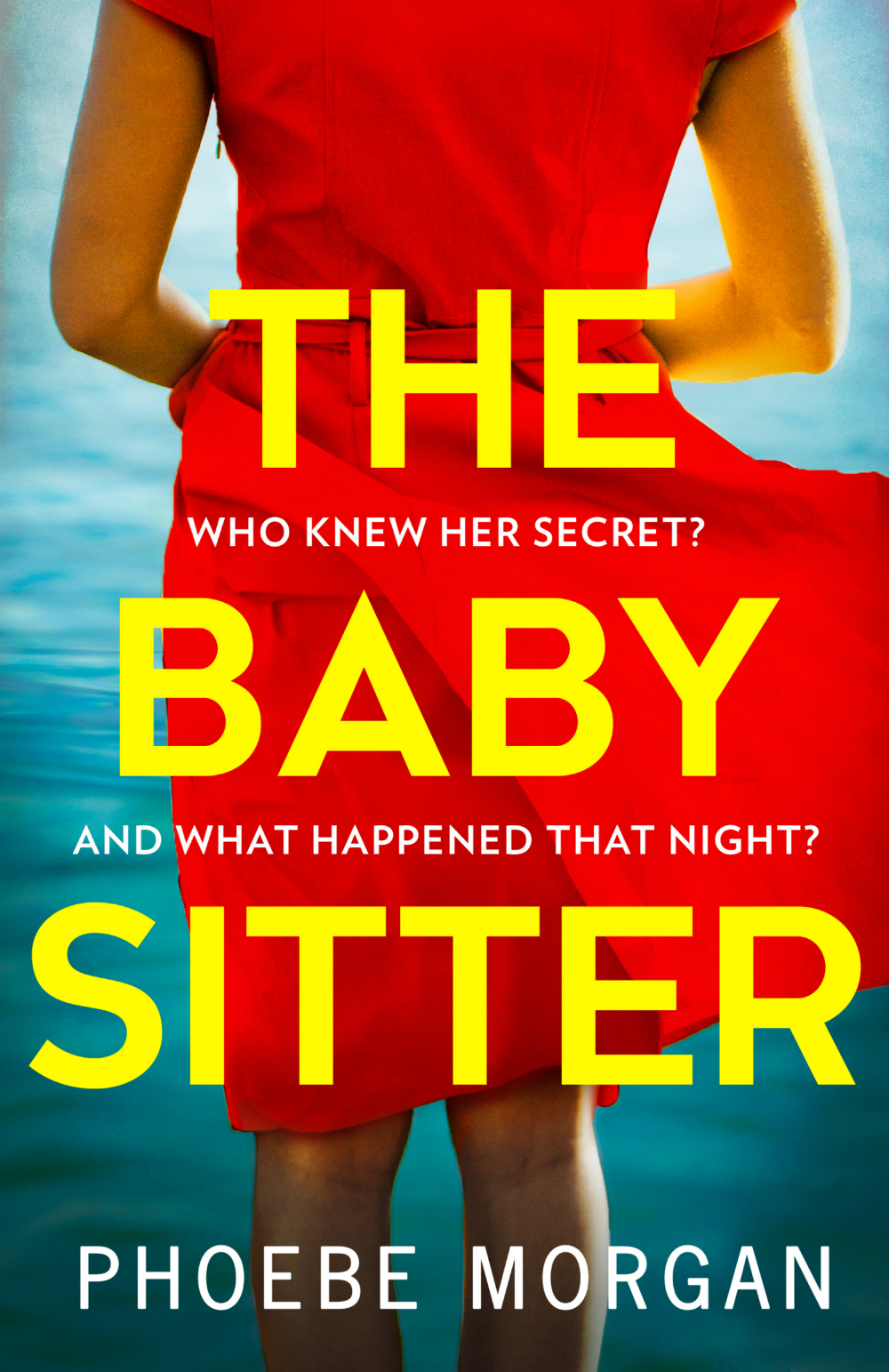Why we need to stop asking women when they’re going to have children – especially in a pandemic
Other people's never-ending fascination with her uterus is making Phoebe Morgan anxious. The best-selling author turned 30 this year and says the pandemic is hard enough minus the daunting questions about her future


Celebrity news, beauty, fashion advice, and fascinating features, delivered straight to your inbox!
You are now subscribed
Your newsletter sign-up was successful
Other people's never-ending fascination with her uterus is making Phoebe Morgan anxious. The best-selling author turned 30 this year and says the pandemic is hard enough minus the daunting questions about her future
Earlier this year, I turned 30. I felt fine about it – in fact, I had been looking forward to it. Finally, I could wave goodbye to the insecurity of my twenties and become a proper adult. It was exciting! However, one of the things I didn’t plan for was a global pandemic and the intensity around the question of having children would ramp up.
All of us are struggling at the moment, and I think what this situation has done has given people time to think. Restrictions may be easing but our social lives are still a distant memory. Since late March we've been locked in our homes, confronted with ourselves - the messy parts, the sad parts, the surprising parts, the guilty parts. Many people have only themselves for company. We are unable to hide behind busy lives, packed schedules, relentless deadlines. We are, oddly, very present in each moment, as we as a world continue to put one foot in front of the other and get through the days.
Faced with this, coupled with turning 30, I found myself thinking more than usual about the future. Society has split of late - those with children are working hard to juggle home-schooling, employment, and the stress of never having time to themselves; those without children are perhaps either enjoying their freedom or feeling more alone, or likely, somewhere in between.

I have seen a lot of discussion around the notion of the grass always being greener - those in lockdown with families might resent the lie-ins that single people can have, and single people might long for a full house and all the noise and energy that brings.
As women, we are brought up on a comparison diet, and there remains a strange fascination from the outside world as to our desires around children; I have lost count of the amount of times I’ve been asked the question now: when are you going to have kids? People asked me this before the pandemic lockdown, and they’ve asked me since it started, too.
I want to have children, as does my boyfriend – we have talked about it, several times in our almost four-year relationship, and provided we’re able to it’s something we’d like to do at some point. However, the fact that we want this is, in my view, nobody’s else’s business but our own. It isn’t my colleagues’ business. It isn’t my dad’s business. It isn’t the business of the woman that lives down the road or of people on Twitter. But yet, all of these people have, at some stage, asked me a version of this question. Sometimes it’s veiled as something else: ‘When am I going to get grandchildren?’ or, ‘Sophie from next door was saying her daughter has two little ones now, isn’t that nice?’ I write novels, often featuring mothers, and I’ve been asked how I can write about motherhood without being one. ‘Do you think when you do become a mum you’ll be a better writer?’ was one of the more annoying queries. Sometimes the question itself is hard to detect, sometimes it’s overt.
Celebrity news, beauty, fashion advice, and fascinating features, delivered straight to your inbox!

I have no idea whether I can have children or not – that’s the honest answer. I’ve never put it to the test. I hope that I can, and occasionally at about 3am my mind spirals with worry in case I can’t. Of late, this worry has been exacerbated by the pandemic. I find myself worrying that the economic downturn will make it harder to bring up a baby. I worry that bringing a child into a suffering world would be the wrong thing to do. I even sometimes find myself berating myself for not reproducing before this began, when the world felt safer. My heart goes out to those who have had their IVF journeys paused, and the women who are facing giving birth without their support networks.
But, as ignorance is bliss, for the moment all the kids questions do is make me feel pressured. As someone mildly obsessed with her career, I worry that I’m being selfish. That I ought to try to have children now so that I can be a young, fun Mum and not embarrass them by being a ‘geriatric mother.’ That if I do have children, my work might forget about me. But all those worries are manageable, and they’re speculative, not upsetting. Yet for other women, the consequences of asking the baby question could be much worse. They might be women who have just experienced a miscarriage. They might be women who know their chances of conceiving naturally are limited. They might be women who don’t want children at all and who are sick of being made to feel weirdly guilty about it.
The strangest thing about all of this is that a woman cannot physically have a baby without someone else being involved (even if that someone else is a donor) and yet men are so rarely asked this question. It’s as though all the responsibility lies solely on the woman’s shoulders. I think it’s time to stop being nosy, and let us all live our lives in peace. The pandemic is hard enough as it is – none of us know how it will end, and questions about the future feel even more daunting than ever before. For now, we must simply get through it, face our choices, and give thanks for the fact that we have them.
* Phoebe Morgan is a number one digital bestselling author and her new book, The Babysitter, is an addictive, gripping psychological thriller and is out on May 28.
Maria Coole is a contributing editor on Marie Claire.
Hello Marie Claire readers – you have reached your daily destination. I really hope you’re enjoying our reads and I'm very interested to know what you shared, liked and didn’t like (gah, it happens) by emailing me at: maria.coole@freelance.ti-media.com
But if you fancy finding out who you’re venting to then let me tell you I’m the one on the team that remembers the Spice Girls the first time round. I confidently predicted they’d be a one-hit wonder in the pages of Bliss magazine where I was deputy editor through the second half of the 90s. Having soundly killed any career ambitions in music journalism I’ve managed to keep myself in glow-boosting moisturisers and theatre tickets with a centuries-spanning career in journalism.
Yes, predating t’internet, when 'I’ll fax you' was grunted down a phone with a cord attached to it; when Glastonbury was still accessible by casually going under or over a flimsy fence; when gatecrashing a Foo Fighters aftershow party was easy-peasy-lemon-squeezy and tapping Dave Grohl on the shoulder was... oh sorry I like to ramble.
Originally born and bred in that there Welsh seaside town kindly given a new lease of life by Gavin & Stacey, I started out as a junior writer for the Girl Guides and eventually earned enough Brownie points to move on and have a blast as deputy editor of Bliss, New Woman and editor of People newspaper magazine. I was on the launch team of Look in 2007 - where I stuck around as deputy editor and acting editor for almost ten years - shaping a magazine and website at the forefront of body positivity, mental wellbeing and empowering features. More recently, I’ve been Closer executive editor, assistant editor at the Financial Times’s How To Spend It (yes thanks, no probs with that life skill) and now I’m making my inner fangirl’s dream come true by working on this agenda-setting brand, the one that inspired me to become a journalist when Marie Claire launched back in 1988.
I’m a theatre addict, lover of Marvel franchises, most hard cheeses, all types of trees, half-price Itsu, cats, Dr Who, cherry tomatoes, Curly-Wurly, cats, blueberries, cats, boiled eggs, cats, maxi dresses, cats, Adidas shelltops, cats and their kittens. I’ve never knowingly operated any household white goods and once served Ripples as a main course. And finally, always remember what the late great Nora Ephron said, ‘Everything is copy.’
